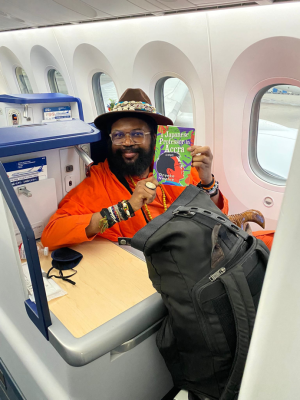
Diabetes is often spoken about in medical journals, public health campaigns, and scientific conferences. But rarely is it explored through the lens of fiction where human emotions, cultural interactions, and personal journeys can breathe life into statistics and research findings.
In his latest book, A Japanese Professor in Accra, Onyeka Nwelue offers readers a compelling story that does more than entertain. It educates, provokes reflection, and raises awareness about one of the world’s most pressing health challenges: diabetes.
The story behind the novel
The novel is about Professor Hideki Suzuki, an accomplished endocrinologist from Tokyo. Dedicated to his life’s mission of finding a lasting cure for diabetes, Suzuki arrives in Accra, Ghana, to deliver a lecture at a university.
What begins as a professional trip soon becomes a personal journey, one that reshapes how he understands medicine, culture, and the human condition. Through Suzuki’s experiences, Nwelue captures the intersection of science and society, showing how illness is never just biological but also deeply connected to lifestyle, culture, and relationships.
Why fiction matters in public health
Nonfiction health manuals and medical articles often struggle to reach everyday readers. Fiction, however, has the power to translate complex subjects into relatable narratives.
By weaving a story around a character whose expertise lies in diabetes research, Nwelue subtly introduces readers to the realities of the disease: its prevalence, its complications, and the urgent need for innovation in treatment.
This approach does something important, it brings empathy into the conversation. Instead of statistics on prevalence in Africa or Asia, readers encounter lived realities: the anxieties of patients, the cultural challenges of treatment, and the dedication of those searching for solutions.
One of the unique features of A Japanese Professor in Accra is its global perspective. By placing a Japanese scientist in Ghana, Nwelue allows readers to see how medical issues like diabetes transcend national borders. The novel highlights how different societies perceive illness, health, and healing.
Accra itself becomes a character in the story, vibrant, dynamic, and filled with lessons for the visiting professor. Suzuki’s journey reminds us that while science may be universal, healthcare solutions often need to be culturally grounded.

For Onyeka Nwelue, storytelling has always been more than a creative act. His body of work often challenges readers to think critically about society. With A Japanese Professor in Accra, he positions fiction as a tool for advocacy. The novel does not preach, but it inspires reflection: How much do we know about diabetes? How do our daily habits affect our health? What roles do culture and community play in treatment and prevention?
In this way, the book contributes to a wider discourse about non-communicable diseases in Africa and the importance of health literacy. The impact of A Japanese Professor in Accra lies not only in its narrative but also in its potential to spark dialogue. For Ghanaian readers, it provides a mirror to see how global health issues affect local lives. For international audiences, it demonstrates how literature from Africa can illuminate universal concerns.
By situating a scientific problem within a human story, Nwelue reimagines how we talk about health. Fiction becomes medicine, not for curing the body, but for healing misconceptions, spreading awareness, and fostering empathy. Onyeka Nwelue’s A Japanese Professor in Accra reminds us that literature can serve public health in profound ways. Through the journey of Professor Hideki Suzuki, readers are invited to confront diabetes not only as a medical issue but as a shared human experience. And in doing so, Nwelue proves that sometimes, the most powerful cure begins with a story.
Onyeka Nwelue is a Nigerian scholar, filmmaker, jazz musician, and publisher whose interdisciplinary work spans literature, cinema, and cultural studies. He has authored over 40 books, including The Strangers of Braamfontein, which won the Crime Fiction Lovers’ Awards and was described by Nobel Laureate Wole Soyinka as “raunchy.” At the age of 18, Nwelue moved to India, where he wrote his debut novel, The Abyssinian Boy, which won the TM Aluko Prize for Fiction and the Ibrahim Tahir Prize for First Book in 2009.
Nwelue has held several academic positions globally. He was an Academic Visitor at the University of Oxford, a Visiting Scholar at the University of Cambridge, a Visiting Research Fellow at Ohio University, and a Research Associate at the University of Johannesburg and a Guest Lecturer at NSS College, Ottapalam.
His latest work, The Nigerian Mafia: Mumbai, the first in a ten-book series set across ten countries, has been longlisted for the 2023 Chinua Achebe Prize and winner for the 2023 ANA Prose Prize. The novel is currently being adapted for film by Indian filmmaker Ramesh Raparthy. He is author of A Japanese Professor in Accra and lives in Mexico, where he is the director of the Africa Center.
The post Fiction as medicine: How Onyeka Nwelue uses storytelling to tackle diabetes awareness appeared first on The Business & Financial Times.
Read Full Story

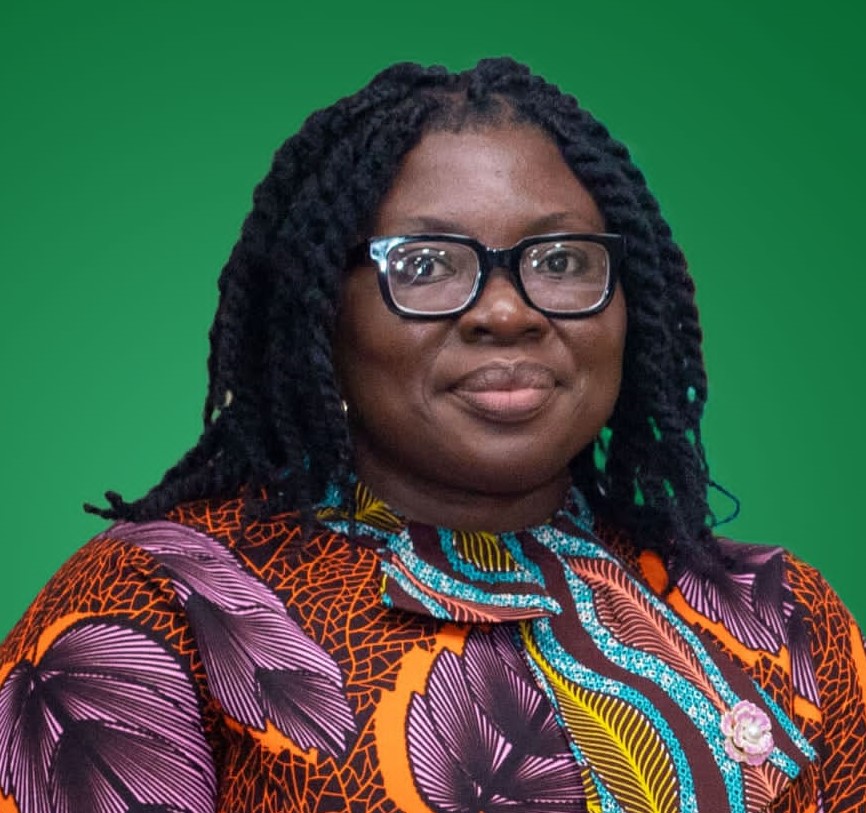







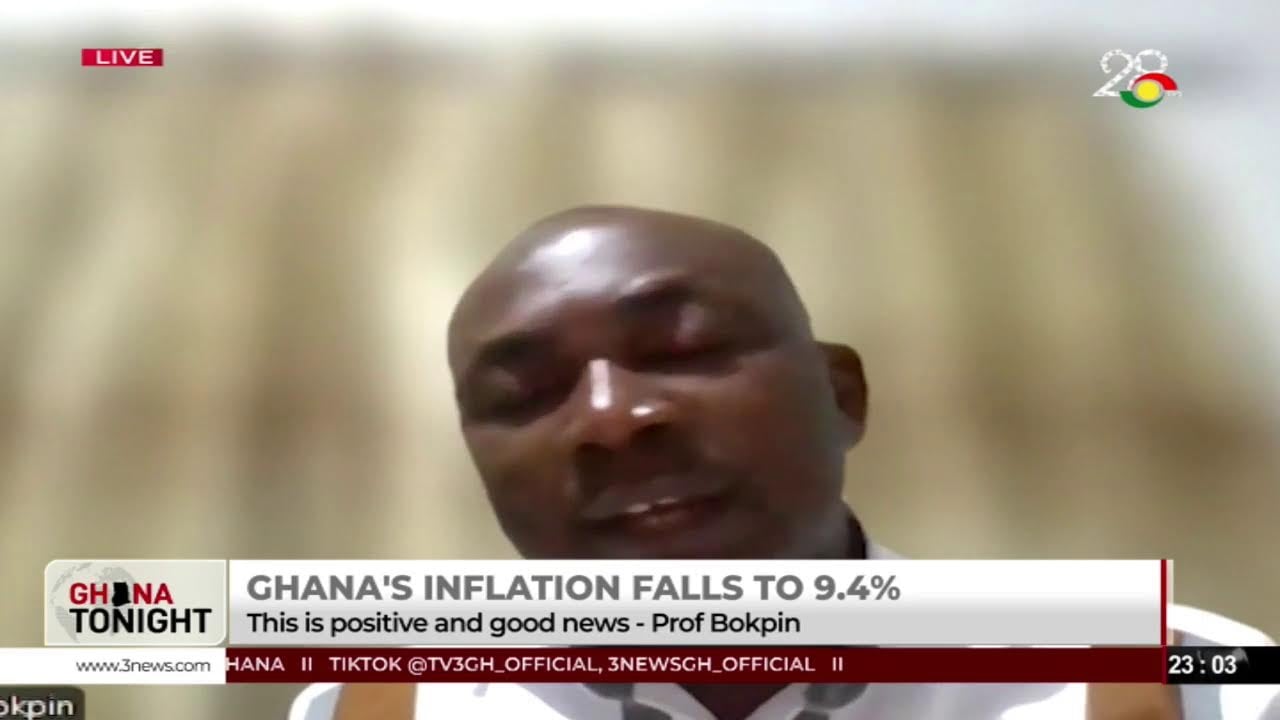






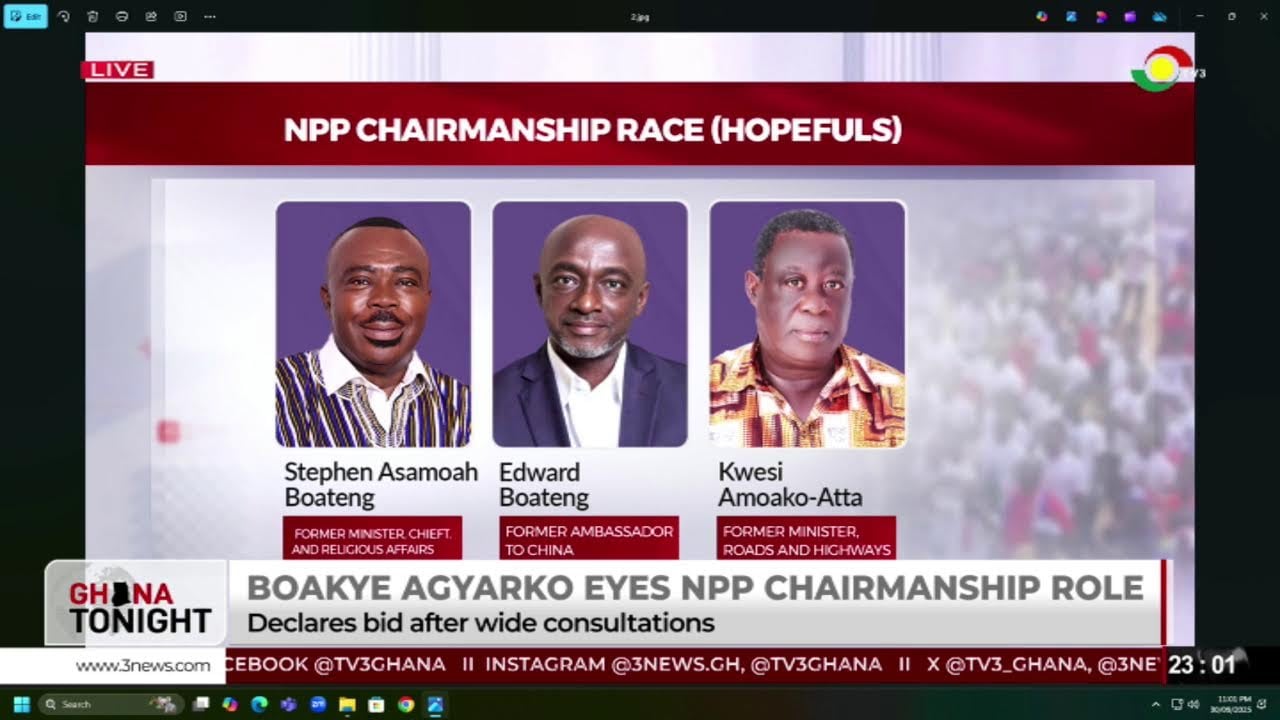
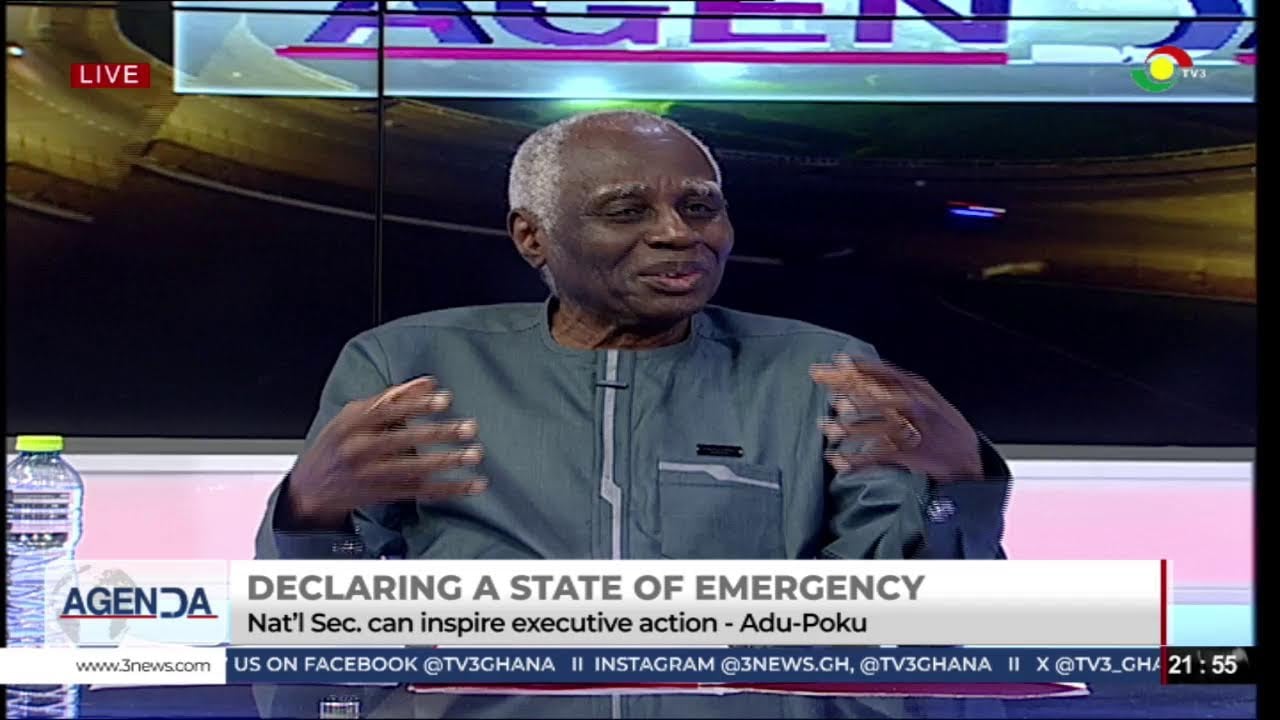

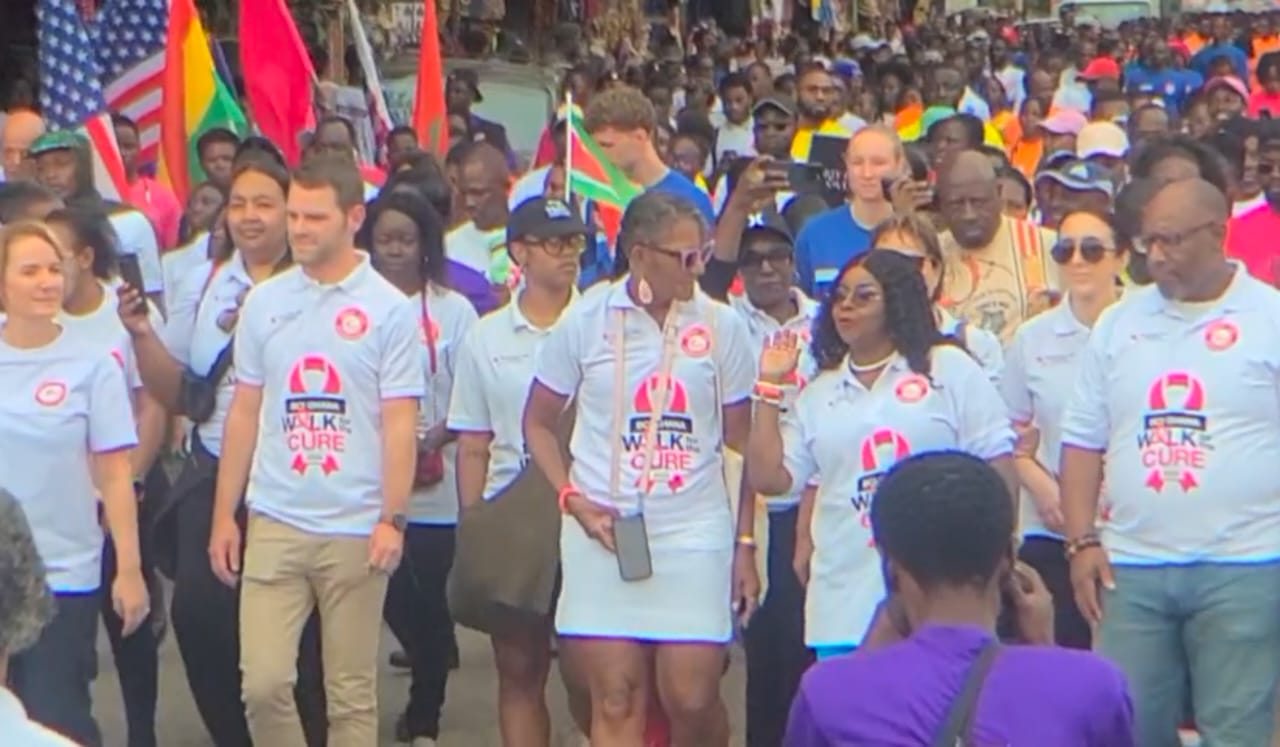


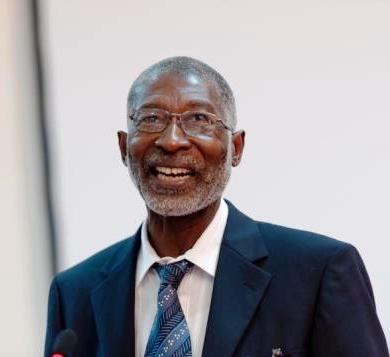


Facebook
Twitter
Pinterest
Instagram
Google+
YouTube
LinkedIn
RSS